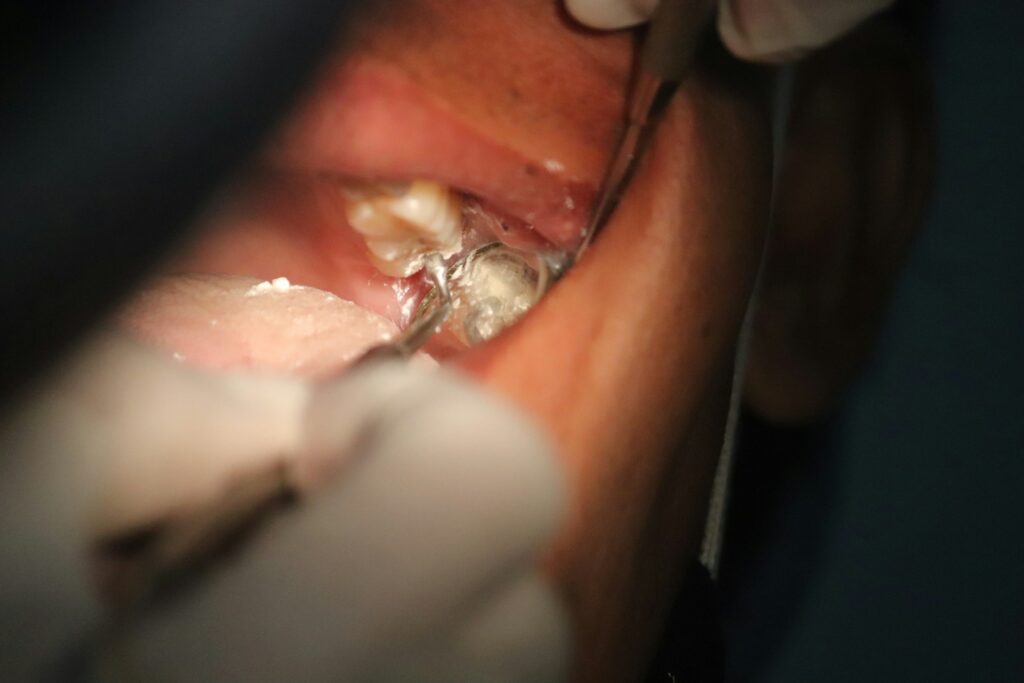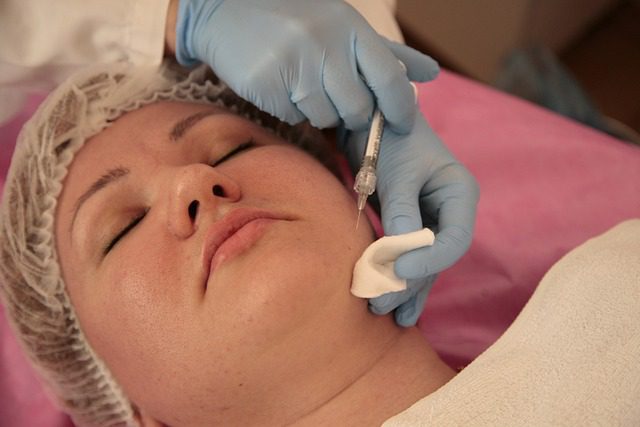
A vibrant and assured smile surpasses mere cosmetic appeal; it signifies overall health and confidence. Individuals who have experienced tooth loss may face repercussions that go beyond their looks. Their speech can be hindered, eating can become difficult, and there is a risk of jawbone deterioration over time. This is where dental implants present an innovative solution, providing resilience, practicality, and an aesthetic resemblance to natural teeth.
So, what attributes of implant technology contribute to its effectiveness, and what makes it frequently regarded as the premier option for replacing teeth? Let’s delve into the mechanics of dental implants and how they rejuvenate not just your smile but also your oral health.
What Are Dental Implants?
Dental implants are synthetic tooth roots, usually constructed from titanium, that are surgically inserted into the jawbone. Once positioned, they offer a reliable base for securing crowns, bridges, or even complete dentures. The outcome is a durable, long-lasting substitute that resembles, feels, and operates like a natural tooth.
In contrast to conventional dentures or bridges, implants are fixed directly into the bone. This fusion with the jawbone is what imparts remarkable strength and durability to implants.
The Role of Osseointegration
At the core of implant technology lies a process called osseointegration. This process describes the biological connection that takes place when the titanium post merges with the jawbone over the course of weeks or months following its placement. Titanium is a material that is compatible with the body, which means it is not rejected and encourages bone growth around it.
This bonding forms a strong foundation that resembles the root of a natural tooth. After the healing process is finished and the implant is firmly in place, a customized crown is affixed, completing the restoration. This crown is designed to blend seamlessly with the color, size, and shape of your natural teeth, making it almost impossible to tell apart.
Advantages Over Other Tooth Replacement Options
While bridges and dentures have been used for decades to address tooth loss, dental implants offer several key benefits that set them apart:
- Bone Preservation: When a tooth is missing, the adjacent bone starts to break down because it no longer receives adequate stimulation. Implants maintain bone density by simulating the function of natural tooth roots.
- Improved Function: Implants restore nearly full chewing power, allowing patients to eat, speak, and laugh without concern.
- Longevity: With proper care, implants can last decades, often a lifetime, unlike dentures or bridges, which may require replacement or adjustment every few years.
- No Impact on Neighboring Teeth: In contrast to dental bridges, implants do not depend on nearby teeth for support. This assists in maintaining the health of the surrounding teeth.
- Natural Aesthetics: The crowns that are specially designed to fit onto implants are crafted to integrate smoothly with your current teeth.
Innovations in Implant Technology
The realm of implant dentistry is constantly advancing as new technologies are enabling procedures to become quicker, more accurate, and increasingly effective. Below are some significant innovations:
- 3D Imaging and Digital Planning: Cone-beam CT scans allow for high-resolution imaging of the jawbone, enabling dentists to plan implant placement with remarkable accuracy.
- Computer-Guided Surgery: By utilizing digital models, surgeons can achieve accurate implant placement, resulting in increased precision and reduced impact on the adjacent tissues.
- Mini Implants: These are compact variations of standard implants, typically utilized in scenarios with restricted bone structure or to provide support for dentures in confined areas.
- Zirconia Implants: Zirconia serves as a ceramic alternative to titanium, providing a metal-free option that boasts superb biocompatibility and visual appeal.
With all these innovations, finding a reliable provider is key. If you’re looking into dental implants near Washington, it’s important to choose a team that combines clinical expertise with cutting-edge technology for the best results.
Are You a Candidate?
Dental implants are suitable for many patients, but not all. Ideal candidates should have:
- Healthy gums and good oral hygiene habits
- Sufficient bone density to support the implant
- No uncontrolled chronic conditions, such as diabetes or heart disease
- A non-smoking lifestyle (as smoking can affect healing)
In cases of bone loss, bone grafting procedures may be recommended before implant placement to build up the jawbone and ensure stability.
The Long-Term Impact
Aside from the practical and aesthetic advantages, implants can significantly influence mental health. Numerous patients experience increased self-esteem, decreased anxiety in social interactions, and a revitalized sense of well-being. With a vibrant and natural-looking smile, everyday activities, from dining to professional meetings, become simpler and more enjoyable.
Maintaining proper hygiene is vital for ensuring long-lasting success. This involves consistent brushing and flossing, regular dental visits, and steering clear of detrimental habits like chewing ice or using teeth as tools.
Summing Up
Dental implant technology represents one of the most significant advancements in modern dentistry. Through the science of osseointegration, precise surgical techniques, and innovative materials, implants offer a permanent, functional, and natural-looking solution for missing teeth.
Whether you’re replacing one tooth or restoring an entire smile, implants provide a reliable foundation for lasting oral health. As with any medical procedure, the success of dental implants depends on proper planning and execution, so seeking care from experienced professionals is essential.
A stronger, healthier smile is more than possible—it’s just one implant away.



